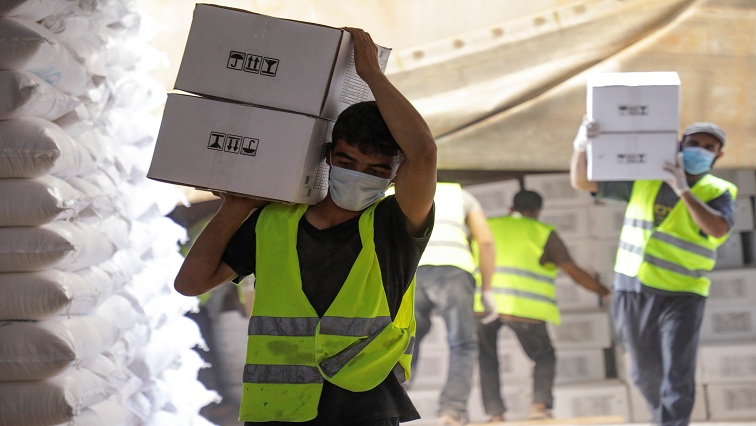2023 is set to become yet another year of high aid worker casualties in hotspots around the world.
That’s the message from the United Nations Office for the Coordination of Humanitarian Affairs ahead of World Humanitarian Day which will be observed on Saturday, August 19th.
In 2008, the UN General Assembly designated August 19th to raise awareness about the work humanitarians do and to pay tribute to the people who risk their lives in service of the world’s most vulnerable.
It also honours the memory of the 22 people, including the Secretary General’s Special Representative Sergio Vieira de Mello, who perished in a 2003 attack on the Canal Hotel in Baghdad, Iraq on August 19th, 2003.
It’s work that takes humanitarians often to some of the world’s most dangerous hotspots with 2023 set to become a year of high casualties for people who often stand as a bridge between life and death for those caught in times of crisis.
UN Secretary-General Antonio Guterres says, “This year, global humanitarian operations aim to get life-saving aid to 250 million people in 69 countries – ten times more than at the time of the Canal Hotel bombing. Sadly, funding is far off track. As crises multiply, it is unacceptable that humanitarians are being forced to reduce aid to millions of people in need. Other challenges have also multiplied over the past twenty years: Rising geopolitical tensions; A blatant disregard for international humanitarian and human rights law; Deliberate assault and disinformation campaigns. Humanitarianism itself is now under attack.”
But despite these dangerous obstacles, he says the resolve of humanitarian workers has only gotten stronger.
Guterres adds, “Humanitarians – who are mostly national staff working in their own countries – are even closer to the people they serve. They are finding new ways to venture deeper into disaster-stricken regions, and closer to the front lines of conflict, driven by a single purpose: to save and protect lives. On this World Humanitarian Day, we salute the courage and dedication of humanitarian aid workers everywhere. We reaffirm our full support for their determined and life-saving efforts across the world. We celebrate their unwavering dedication to serve all people in need: No matter who, no matter where; no matter what.”
Last year over 440 aid workers were attacked while the death toll reached 116 with an additional 141 people lost in 2021.
As the UN has pointed to some of the theatres of conflict that have been the most dangerous for humanitarian workers this year alone, with 64 killed, 84 wounded and 34 kidnapped in crises across the world, many in Africa.
Secretary-General Spokesperson, Stephane Dujarric says, “South Sudan is ranked among the highest in insecurity for several consecutive years, 40 attacks on aid workers and 22 facilities have been reported as of August 16th yesterday. Sudan is a close second, with 17 attacks on humanitarians in 19 facilities attacks so far this year. Other aid worker casualties have been recorded in the Central African Republic, Mali, Somalia, and Ukraine.”
And it’s a humanitarian burden, a global file, that only continues to grow with each crisis – be that a natural disaster like the devastating February earthquakes in Türkiye and Syria that killed almost 60 000 while leaving an estimated 1.5 million people homeless; or man-made conflicts – think the War in Ukraine or the instability in West Africa where the humanitarian burden only expands with each coup or the next drought; or intractable conflicts like that in the DRC which represents one of the longest-standing humanitarian crises anywhere in the world.
And it’s the work that humanitarians do in those difficult circumstances that often represents the only hope for tens of millions living on the edge.


